Somewhere beyond the tip of Cape Cod on Monday afternoon, amid cold rain and angry seas, two large sailboats converged en route to Portland.
“We thought they were around a mile away, and all of a sudden they were right on top of us,” said Mike Dreese, co-skipper of Toothface II, one of the boats competing in the 2018 Atlantic Cup. “It was a little scary.”
The vessels did not collide, but strength of the storm tested the limits of the Class 40 sailboats and their two-person crews.
“You’re not racing anymore,” said Mike Hennessey, co-skipper of the other boat, Dragon. “You’re just surviving.”
Under calmer conditions Tuesday afternoon in Portland Harbor, Hennessy and Dreese shared a warm embrace alongside the Maine Wharf, where both docked after completing the second leg of the biennial Atlantic Cup.
The Cup is divided into three stages. The first of two long offshore legs began May 26 in Charleston, South Carolina, and ended in New York City. The fleet of 11 resumed racing Saturday afternoon from New York, bound for Portland. That evening, a storm kicked in and two boats headed to Newport, Rhode Island, for repairs.
The remaining nine continued to Maine, with the French boat Earendil again proving itself the class of the fleet, cruising into Casco Bay shortly before 4 a.m. on Tuesday. All nine are expected to arrive by Wednesday afternoon.
The Cup’s final stage comes this weekend with five inshore races in Casco Bay, with fans able to watch the races from Fort Allen Park on the Eastern Promenade. Racing will take place from 11 a.m. to 3 p.m. on Saturday and Sunday.
For the inshore races, the 40-foot monohull boats are allowed to take on as many as four additional crew members in order to race in such tight quarters.
Steve Tillotson, a carpenter and composite technician at Maine Yacht Center who lives in Limerick, has worked on Dragon, Toothface and Amhas, the boat skippered by Micah Davis of Harpswell and Rob Windsor of Portland. Tillotson will serve as crew this weekend on Amhas, which placed second in the first leg and fifth in the second leg.
“Mostly the reason I’m going is for local knowledge,” Tillotson said. “I’ve raced out of Centerboard Yacht Club (in South Portland) for the last 20 years.”
Unlike the 2016 event, no prize money is at stake. With two first-place finishes, Earendil has 44 points. Toothface and Amhas are tied for second with 34. Teams can drop their worst finish of the weekend races, meaning up to 44 more points are available from inshore racing.
“These boats, they’re designed for single-handed and double-handed offshore racing,” said Hugh Piggin, Atlantic Cup race director. “They’re not really set up to push around short courses, so we let them have four extra crew to make sure the standard of sailing is up there and they can maneuver the boat safely.”
All nine boats will dock at Maine Wharf. Visitors are welcomed.
“We’re very friendly,” said Piggin, a native of New Zealand. “If people want to come down and ask questions and talk to skippers, that’s encouraged.”
Pippin said the Atlantic Cup is a carbon-neutral yacht race that emphasizes sustainability.
“We track our footprint,” he said, “and do everything we can from alternative energy sources on the boats to composting and recycling.”
Accordingly, an educational component involves reaching out to schoolchildren in the three ports of call. Thursday is designated Kids Day, with approximately 300 schoolchildren expected between 9:30 a.m. and 1:30 p.m.
All totaled, organizers are hoping to connect with 2,500 students, most in third or fourth grade.
“The main goal is to give these kids a heads up on sustainability, the ocean environment and how critical it is to take care of our planet,” said Dave Rearick, who won the 2013 Atlantic Cup aboard Bodacious Dream and now serves as the Cup’s education coordinator. “Having been a solo circumnavigator myself – and many of these sailors out here have done a lot of ocean passages – we all have a very intimate relationship with nature. That makes us really good ambassadors for telling the story.”
Rearick visited several Portland elementary schools in early April to talk about the race and the environment.
“Throughout the world we’re seeing an increase in plastic in the ocean,” he said. “With the kids, I always tell them that the most important decision they make is what they do with that plastic bottle. When they’re done with it, when they take that last sip, does it go into recycling or into a landfill where it lasts for 700 years?”
Saturday’s racing coincides with the fifth annual “Walk the Working Waterfront” event. Folks are invited to explore the wharves and piers of Portland, to step aboard a U.S. Coast Guard vessel and get special deals from or behind-the-scenes looks at dozens of businesses that process, prepare or support the marine economy.
Sunday’s concluding races and awards ceremony coincides with the Old Port Festival. A send-off for each boat leaving the dock is scheduled for both days at 10 a.m.
Glenn Jordan can be contacted at 791-6425 or
Twitter: GlennJordanPPH
Send questions/comments to the editors.


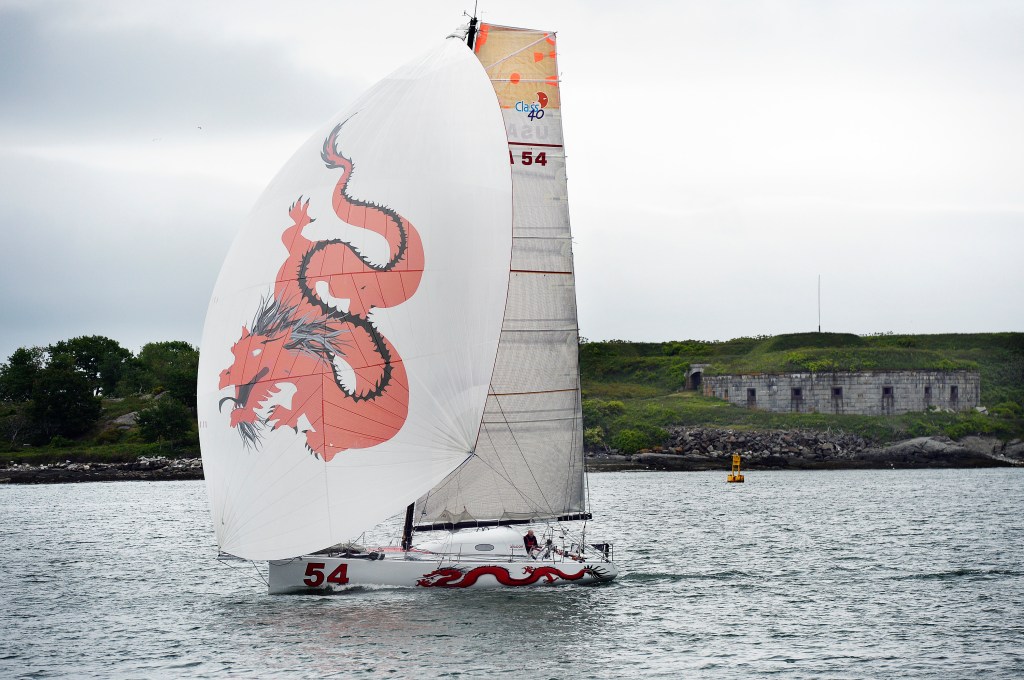
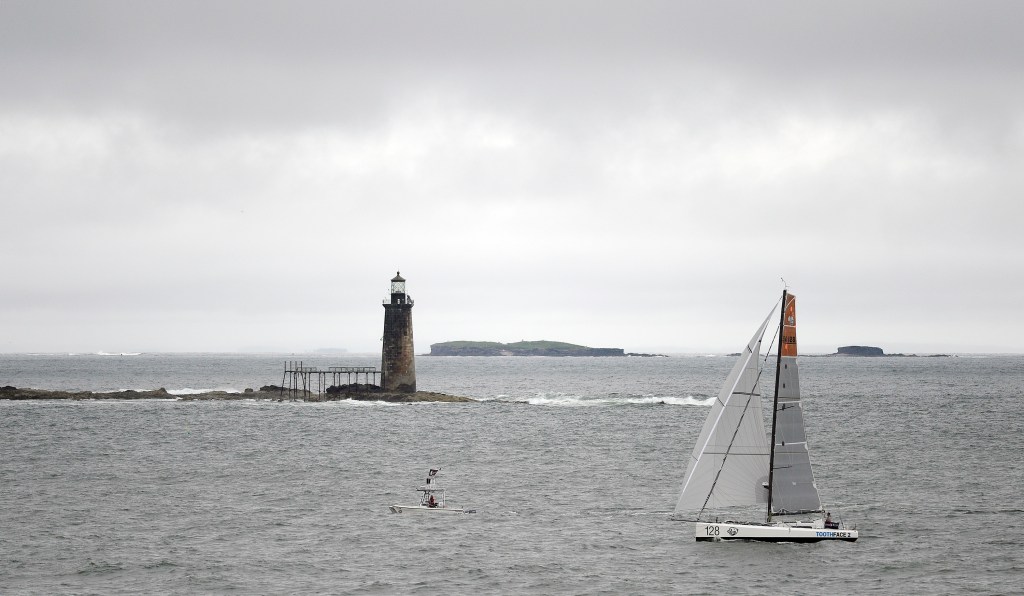
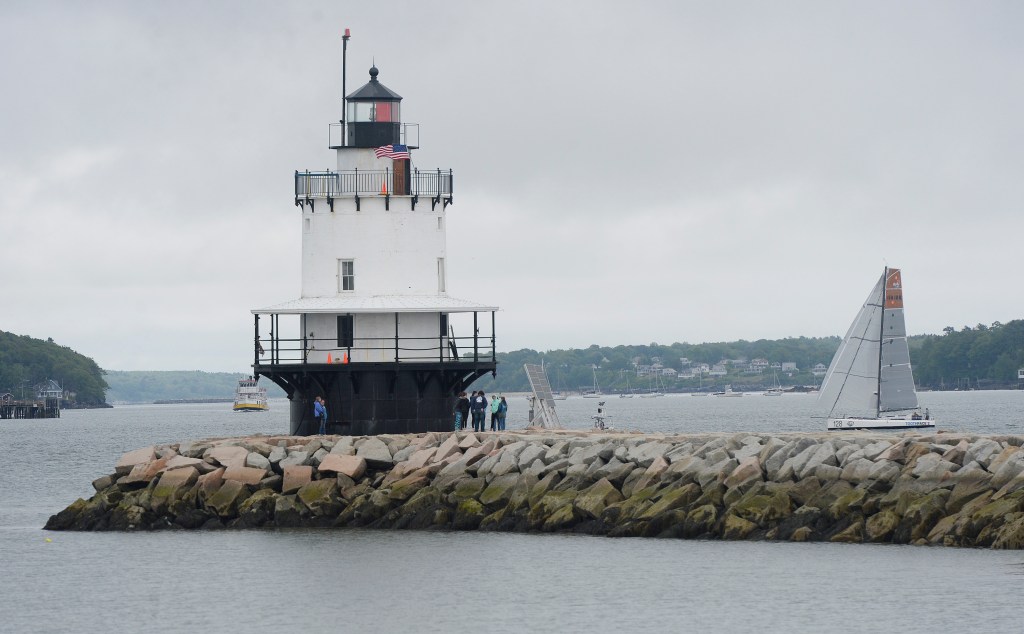
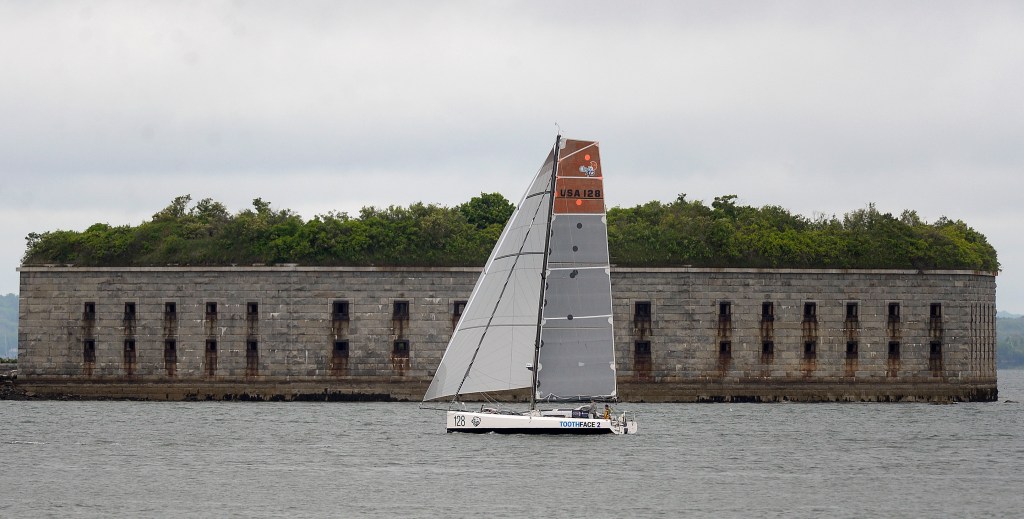
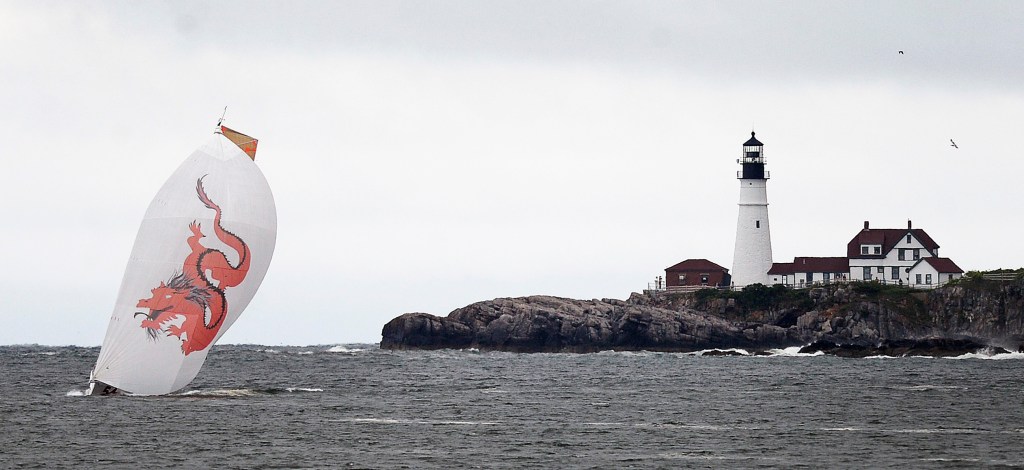
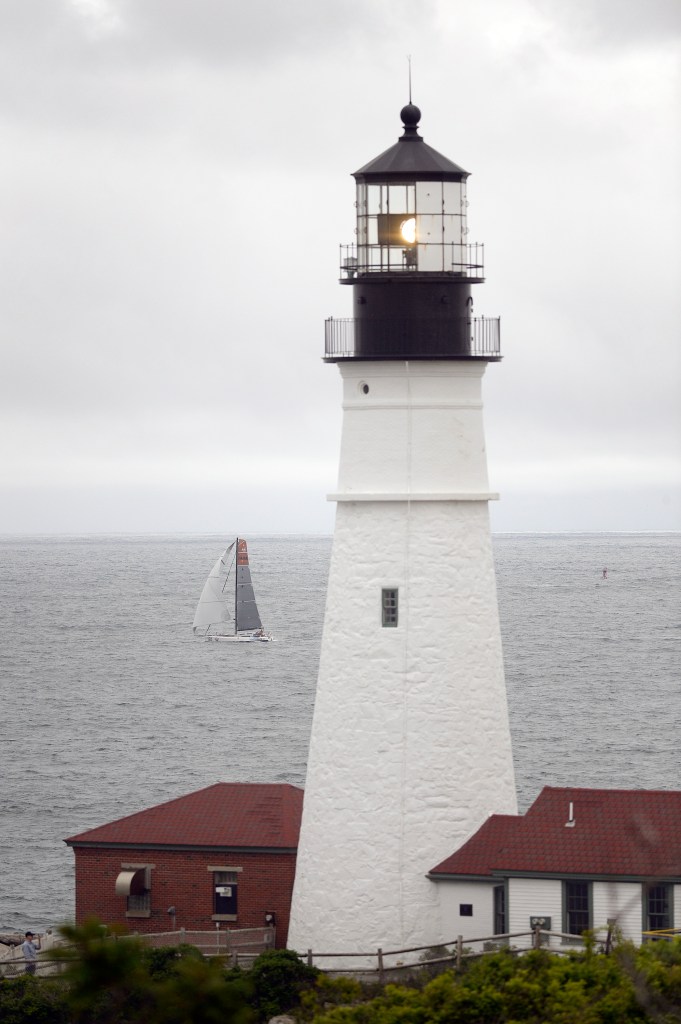

Success. Please wait for the page to reload. If the page does not reload within 5 seconds, please refresh the page.
Enter your email and password to access comments.
Hi, to comment on stories you must . This profile is in addition to your subscription and website login.
Already have a commenting profile? .
Invalid username/password.
Please check your email to confirm and complete your registration.
Only subscribers are eligible to post comments. Please subscribe or login first for digital access. Here’s why.
Use the form below to reset your password. When you've submitted your account email, we will send an email with a reset code.